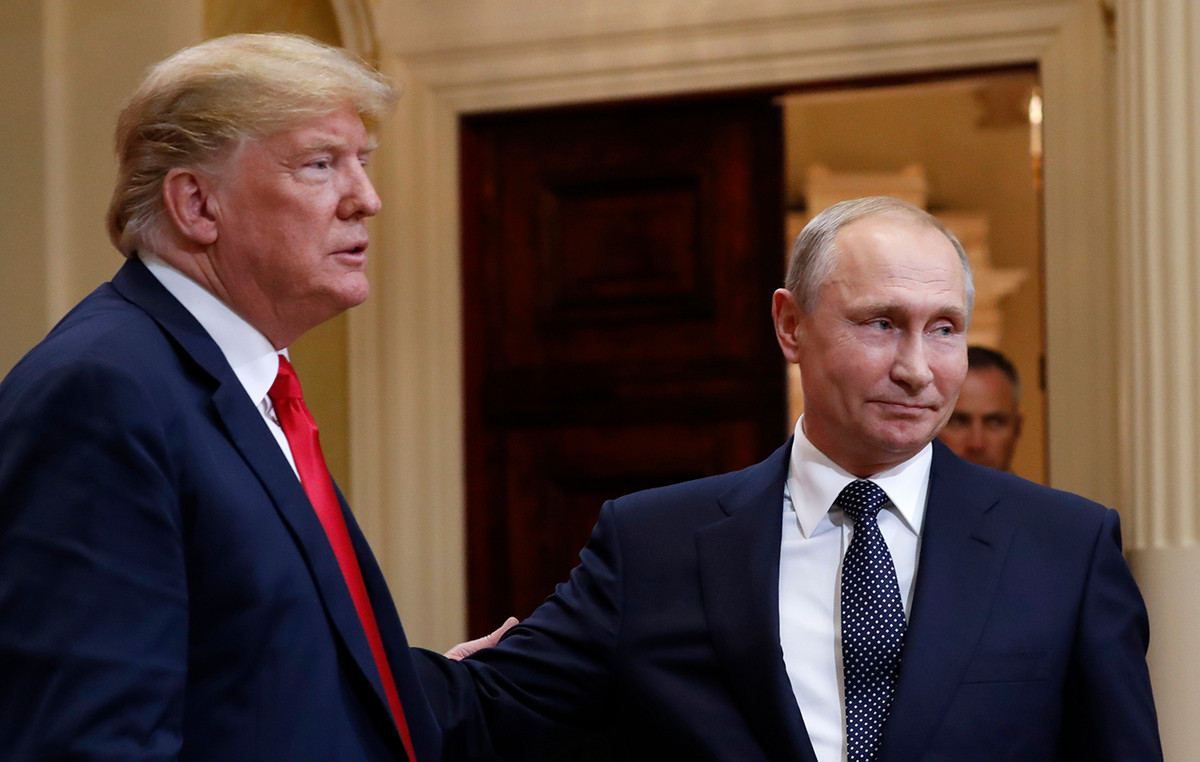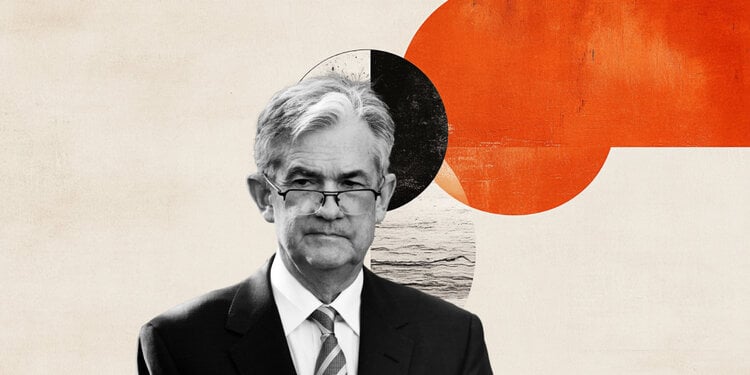- The British pound benefits from improving market sentiment and hawkish comments from the Bank of England’s Katherine Mann.
- Katherine Mann was in favor of an aggressive monetary policy.
- Investors will focus on UK GDP for August, due to be released on Thursday.
The British Pound (GBP) stabilizes after recovering from a six-month low as market sentiment improves and Bank of England (BoE) policymaker Katherine Mann advocates a more aggressive approach to reduce the inflation at 2%. Last week, BoE Governor Andrew Bailey said he expected inflation to fall to 5% or below by the end of the year, but added that he did not promise to achieve price stability in a timely manner. .
The British manufacturing and construction sectors are bearing the brunt of rising interest rates. British factory activity has been contracting, and the PMI index has been below the 50 level for a long period. For more information on the current state of the economy, investors will focus on British factory activity and GDP data for August, due to be released on Thursday.
Daily summary of market drivers: The Pound recovers and the Dollar suffers a correction
- The British Pound faces some selling pressure near 1.2250 against the US Dollar, but a further rally appears favored as Bank of England policymakers supported more aggressive monetary policy.
- The BoE’s Katherine Mann, who has been a hardline politician, said on Monday that central bankers need to be more aggressive. In her view, the central bank is not solely responsible for reducing inflation to 2%, but must also control rising inflation expectations.
- Katherine Mann expressed concern about how long inflation will remain above the desired 2% target.
- Inflation in the UK is higher than other G7 economies. Rising oil prices due to heightened tensions in the Middle East could lead to higher inflation expectations.
- Due to the increase in inflation and interest rates by the BoE, the British economy is going through a vulnerable phase. Both UK manufacturing output and construction spending have declined as businesses worry about the outlook for demand.
- Investors will focus on the August GDP report, which will be released on Thursday and will provide more clues about the country’s economic developments. Economists expect monthly manufacturing output to contract 0.4%, down from a 0.8% contraction in July. Monthly industrial production is forecast to decline at a slower pace of 0.2%, down from a 0.7% contraction in July.
- The continued decline in factory activity in the UK would indicate that businesses remain pessimistic about future demand despite the Bank of England’s pause in tightening policy.
- The monthly Gross Domestic Product (GDP) is expected to grow by 0.2%, compared to the 0.5% decline recorded in July.
- On the global front, investors appear to be digesting the war between Israel and Hamas, as the latter has stated that it is open to truce talks. Still, talks on a cessation of hostilities are not expected to happen soon and there is a growing risk of involvement of other countries in the conflict. .
- The DXY Dollar Index found some support after testing the crucial 106.00 level. Investors are focused on US inflation data, due out on Thursday. The underlying Consumer Price Index (CPI), which excludes the volatility of food and oil prices, will grow at a constant rate of 0.3% per month.
- The DXY Dollar Index could strengthen if the September inflation report turns out to be more bullish than expected. Stiff inflation and strong labor market conditions could force Federal Reserve (Fed) officials to opt for another interest rate hike on November 1.
- Before that, we will have to closely follow the FOMC minutes from the last Fed meeting, which will be published on Wednesday. The FOMC monetary policy minutes in September will likely provide the justification for keeping interest rates unchanged.
Technical Analysis: The British Pound struggles to break above the 1.2250 level
The British Pound is facing resistance near its weekly high at 1.2250, but the pair is expected to extend its bullish momentum as market participants’ risk appetite is improving. The GBP/USD pair has bounced near the 20-day EMA around 1.2264. However, the outlook for GBP/USD is bearish as the 50-day and 200-day EMA have crossed near 1.2450. Potential support is around 1.2000.
Pound Sterling FAQ
What is the Pound Sterling?
The British Pound (GBP) is the oldest currency in the world (886 AD) and the official currency of the United Kingdom. It is the fourth most traded currency unit in the world, with 12% of all transactions and an average of $630 billion per day, according to 2022 data.
Its key currency pairs are GBP/USD, also known as “Cable”, which represents 11% of the forex market, GBP/JPY, or the “Dragon” as it is known to traders (3%), and EUR/GBP (2%). The pound sterling is issued by the Bank of England (BoE).
How do Bank of England decisions influence the Pound Sterling?
The most important factor influencing the value of the Pound Sterling is the monetary policy decided by the Bank of England. The Bank of England bases its decisions on achieving its main objective of “price stability”, that is, a stable inflation rate of around 2%. Its main tool to achieve this is the adjustment of interest rates.
When inflation is too high, the Bank of England tries to contain it by raising interest rates, which makes access to credit more expensive for individuals and companies. This is generally positive for the GBP, as higher interest rates make the UK a more attractive place for global investors to park their money.
When inflation is too low, it is a sign that economic growth is slowing. In this scenario, the BoE will consider lowering interest rates to make credit cheaper, so that companies borrow more to invest in projects that generate growth.
How does economic data influence the value of the Pound?
The published data gauges the health of the economy and may influence the value of the Pound sterling. Indicators such as GDP, manufacturing and services PMIs, and employment can influence the direction of the Pound.
A strong economy is good for the British pound. Not only does it attract more foreign investment, but it may encourage the Bank of England to raise interest rates, which will directly strengthen the Pound. Otherwise, if economic data is weak, the pound is likely to fall.
How does the trade balance affect the Pound?
Another significant data for the pound sterling is the trade balance. This indicator measures the difference between what a country earns from its exports and what it spends on imports during a given period.
If a country produces highly sought-after exports, its currency will benefit exclusively from the additional demand created by foreign buyers wishing to purchase these goods. Therefore, a positive net trade balance strengthens a currency and vice versa for a negative balance.
Source: Fx Street
I am Joshua Winder, a senior-level journalist and editor at World Stock Market. I specialize in covering news related to the stock market and economic trends. With more than 8 years of experience in this field, I have become an expert in financial reporting.







